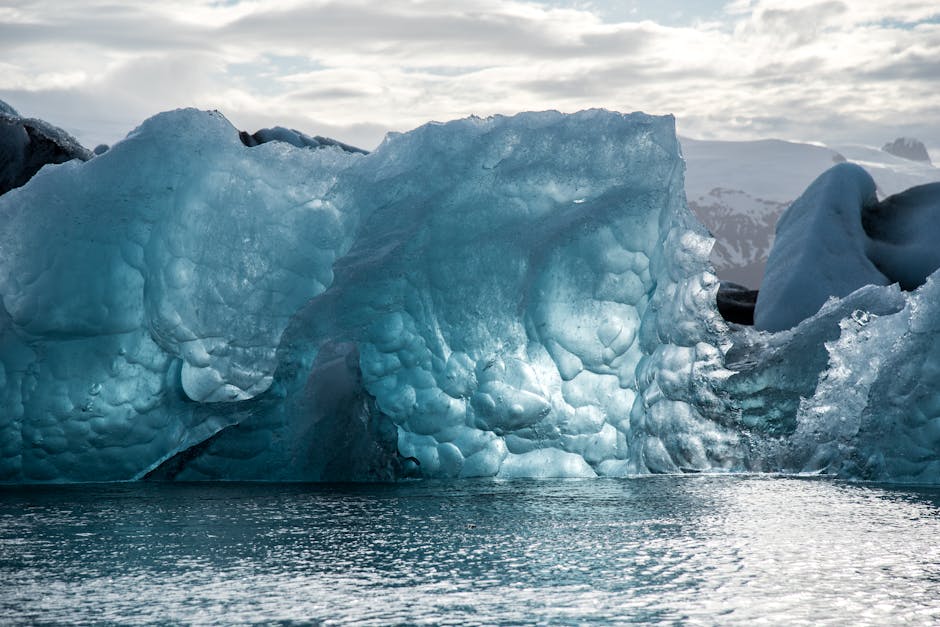Global warming has emerged as one of the most pressing challenges facing our planet today. The relentless rise in global temperatures is triggering unprecedented changes in our climate, threatening the very foundation of our ecosystems and way of life.
The primary cause of global warming is the accumulation of greenhouse gases in the Earth's atmosphere. These gases, such as carbon dioxide and methane, trap heat emitted by the sun, leading to a gradual increase in the planet's overall temperature. Human activities, particularly the burning of fossil fuels and deforestation, have significantly contributed to the rise in greenhouse gas concentrations.
The consequences of global warming are far-reaching and dire. Rising sea levels pose a threat to coastal communities and infrastructure. Extreme weather events, such as hurricanes and droughts, are becoming more frequent and severe. Changes in precipitation patterns are affecting water availability and agricultural productivity. The melting of glaciers and polar ice caps is disrupting marine ecosystems and altering sea levels.
Addressing global warming requires a concerted global effort. Reducing greenhouse gas emissions is crucial. This can be achieved through the transition to renewable energy sources, improved energy efficiency, and sustainable land-use practices. International cooperation is essential for setting and enforcing emission reduction targets.
Investing in climate adaptation measures is also vital. Coastal communities need to build seawalls and other protective structures. Agricultural practices need to be adapted to changing precipitation patterns and water availability. Climate-resilient infrastructure and disaster preparedness measures are necessary to minimize the impacts of extreme weather events.
The benefits of addressing global warming extend beyond environmental protection. Reducing greenhouse gas emissions improves air quality, reduces fossil fuel dependency, and promotes economic growth through the development of new clean energy technologies. Climate adaptation measures protect lives, livelihoods, and property.
As an individual, there are several actions you can take to contribute to the fight against global warming. Reduce your carbon footprint by using less energy, driving less, and consuming more sustainably. Support businesses and organizations that prioritize environmental responsibility. Get involved in local initiatives to promote renewable energy and climate adaptation.
Global warming is a complex and urgent issue, but it is not insurmountable. By working together, we can reduce greenhouse gas emissions, adapt to the impacts of climate change, and create a more sustainable future for ourselves and generations to come.

